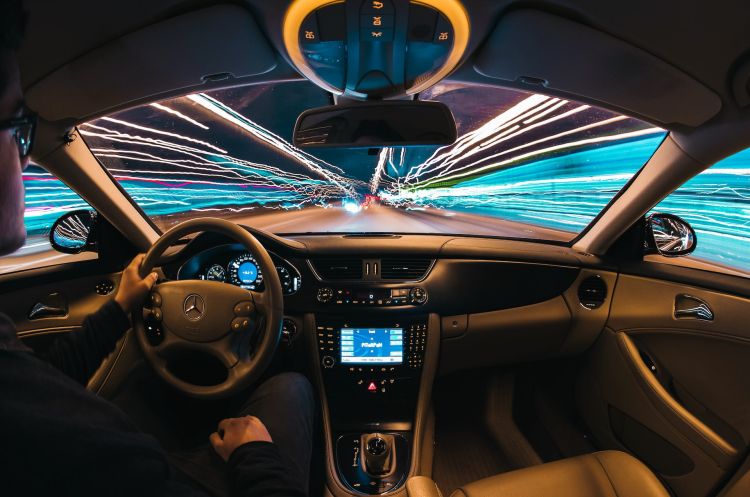Professor Oliver Carsten delivers Herman De Croo Road Safety Lecture

He spoke last month in Brussels at the lecture organized by the European Transport Safety Council (ETSC).
Professor Carsten of the Institute for Transport Studies gave the first Herman De Croo Road Safety Lecture in honour of the former Belgian Minister of Transport.
De Croo recently announced that he is stepping down as President of the board of ETSC after 30 years.
Professor Carsten spoke about safety challenges in road vehicle automation.
Professor Carsten's PowerPoint presentation can be viewed on the ETSC website.
New driving risks
Vehicle automation can include automated driving systems (ADS) and advanced driving assistance systems (ADAS). They impose different roles on the human driver – with ADS, the system is responsible for safety, whereas with ADAS, the human driver keeps this responsibility.
Professor Carsten explained that the previous prediction of over 90% of road traffic accidents being due to human error was inaccurate. He also discussed the new errors that can be introduced through automation.
For example, the ADS is not programmed for “roadmanship”, in which human drivers may anticipate abnormal situations such as other vehicles speeding and pedestrians walking into the street.
If ADS doesn’t anticipate these issues, it will act reactively rather than proactively, causing new risks.
“This is a gap that needs to be filled to ensure that ADS captures the best of human performance,” said Professor Carsten.
Other potential issues for ADS include its interaction with vulnerable road users and the need for regulatory action to make sure drivers can easily transfer from driving one vehicle to another.
Key messages
Overall, Professor Carsten said “It is very hard to ensure that in vehicle technical regulations due consideration is given to the needs of users.”
He calls for more research into safe driving, safe use of automation and the Human Machine Interaction (HMI).
He calls for the Directorate General for Mobility and Transport (DG MOVE), which is responsible for the EU Commission's policy on transport for private and professional purposes, to get more involved.




